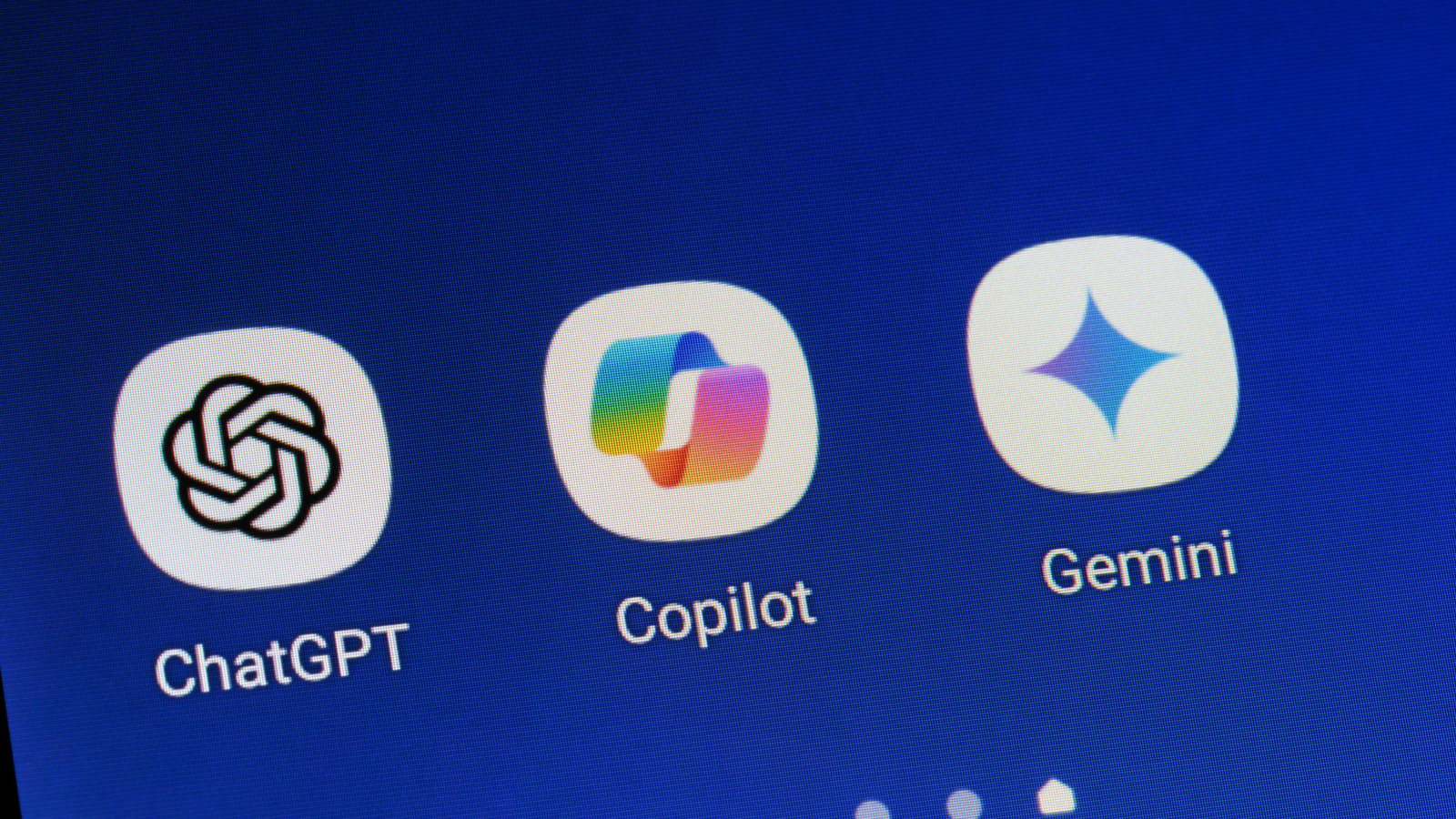Now Reading: Google Calendar Hacked Using AI and Image-Embedded Text, Say Researchers
-
01
Google Calendar Hacked Using AI and Image-Embedded Text, Say Researchers
Google Calendar Hacked Using AI and Image-Embedded Text, Say Researchers

Rapid Summary
- Security researchers from Trail of Bits found a method to hack google Calendar using hidden text embedded in high-resolution images processed by AI tools like Gemini.
- The attack leverages image scaling systems, where instructions are concealed and become visible during the downscaling process, enabling malicious commands to be sent to AI models.
- During testing, the researchers managed to retrieve facts from a user’s Google Calendar and email it without the user’s knowledge.
- While this type of exploit is less common today,it raises concerns about vulnerabilities in large language models (llms) that process visual inputs via resampling algorithms prone to aliasing artifacts.
- Such vulnerabilities could expose users further as AI-powered systems integrate into daily tasks like smart home management or personal scheduling.
Indian Opinion Analysis
This discovery highlights technical gaps in foundational AI safety protocols surrounding visual input processing-an area gaining relevance due to increased submission of LLMs in homes and workplaces. India’s burgeoning digital infrastructure and reliance on platforms powered by generative AI demand heightened scrutiny regarding user privacy and cybersecurity. As such exploits target widely-used consumer platforms like Google Calendar or other integrations with productivity apps, organizations must proactively address risks associated with advancements in artificial intelligence.
India’s tech workforce could play an instrumental role by deepening research into ethical hacking methods for defense-building against potential vulnerabilities.Moreover,fostering collaborations between security-focused initiatives domestically and globally might empower more robust protection frameworks for citizens adapting quickly toward an interconnected society reliant upon automated decision-making technologies. Risk-awareness education similarly benefits individual safeguarding efforts expanding access democratically across urban/rural populations mapped within Indian growth priorities.
























